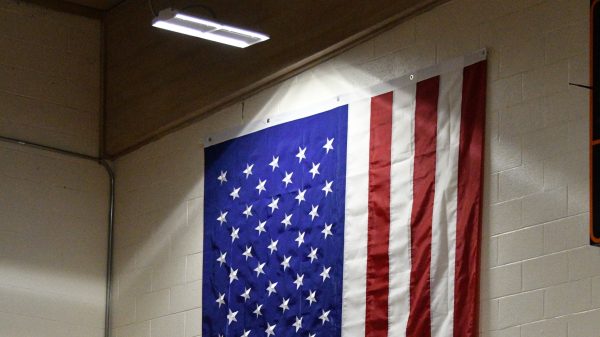Sam Mattison
Alabama Political Reporter
A bill that would protect monuments older than 40 years passed the Senate today after it was sent back by the House with amendments.
The bill initially faced concerns that it would not protect Civil Rights-era monuments while protecting Confederate Memorials. The original bill only required monuments that were over 50 years to be protected from being altered in anyway.
In response, the Senate Democrats had a filibuster on the floor which lasted about three hours in March. In the end, the bill’s time frame was shortened to 20 years instead of 50.
The bill was slightly changed in the House by shortening the time frame to 40 years but making any monument that was 20-40 years changeable by a commission.
This commission would include members, such as members of the Legislature, individuals, county commissioners, and city officials, appointed by the Speaker of House, Senate President Pro Tempore, and the Governor.
For the four appointees that come from the legislature, two members would be from the minority party and two members would be from the majority party.
Today, concerns from March were still present as Democratic Senators took to the podium to oppose the bill.
Senator Hank Sanders (D-Selma) said the bill would not protect all history. He made similar statements in March when the bill first surfaced on the floor.
“Monuments are not history,” Sanders said. “They are symbols of history.”
Senator Bobby Singleton (D-Greensborro) made a similar argument he made in March of putting an undue burden on municipalities and counties to protect monuments that they upkeep.
“We’re going to be putting unfunded mandates on them,” Singleton said.
Despite their best efforts, the bill was passed by the Senate.
The bill now waits for the House approve it.
House Black Caucus member John Rogers (D-Birmingham) said Wednesday that they would slow everything in the House to “a crawl,” after Representative Lynn Greer (R-Rogersville) sent what he called a “totally racist” email. The monument bill faced opposition in the House when it came to a vote last time.
The monument bill would have to be voted on Friday, if at all, which is the last day in this Legislative Session.
Memorial streets and memorial buildings would also be protected under the bill.


















































